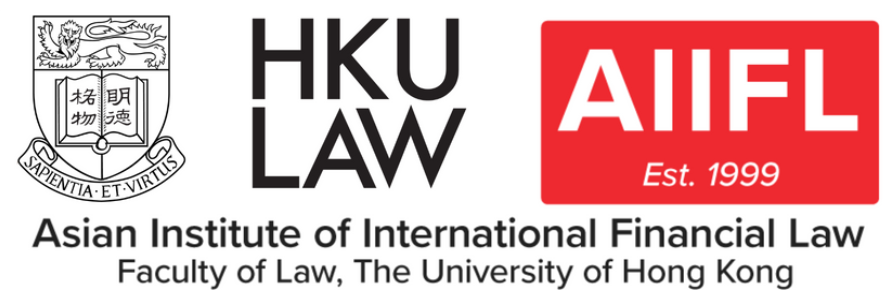The 15th AIIFL Distinguished Public Lecture
Risk, New “Modes of Information,” and the Informational Complexities of Asset-Backed Securities, Banks, and Corporations
Monday, 13 March 2017, 6:30 – 7:30 pm
Academic Conference Room, 11/F Cheng Yu Tung Tower
The University of Hong Kong
With the RGC Theme-based Research Scheme Project:
“Enhancing Hong Kong’s Future as a Leading International Financial Centre”
Professor Henry T.C. Hu
Allan Shivers Chair in the Law of Banking and Finance
University of Texas Law School
Under a new analytical framework for “information,” the basic approach to public disclosure that the U.S. Securities and Exchange Commission has used since its creation in 1934 and many other regulators worldwide use today is conceptualized as substantially relying on “intermediary depictions” of objective reality. As became evident in the global financial crisis, this approach can sometimes prove manifestly insufficient to capture the extraordinarily complex objective realities that are now being created. This lecture will focus on this “too complex to depict” problem in financial innovation-related contexts (e.g., asset-backed securities and JPMorgan Chase “London Whale” derivatives exposures). The new analytical framework suggests that public disclosure move to a portfolio of approaches to information, a portfolio not only relying on “intermediary depictions” but also on “pure information” and “hybrid information.” Bank regulatory and corporate matters will also be discussed.
Henry T.C. Hu holds the Allan Shivers Chair in the Law of Banking and Finance at the University of Texas Law School. Hu’s research and public service center on the law and economics of corporate governance, financial innovation, institutions, and markets, and systemic risk. Misunderstood Derivatives, a 1993 Yale Law Journal article, was the first to show how cognitive biases, compensation, financial “science,” and other factors can cause financial institutions to take excessive risk and make mistakes in derivatives. Sole- and lead-authored articles in 2006-2009 offered the first systematic analysis of “decoupling,” showed the phenomenon’s impact on corporate and debt governance, and coined terms now in worldwide use among academics, market participants, and regulators (e.g., “empty creditor” and “empty voter”). Articles in 2012 and 2014 reconceptualized the classic approach to public disclosure relied on by the Securities and Exchange Commission (SEC) and other regulators, and showed the approach’s inadequacies in in such complex contexts as asset-backed securities and “too-big-to-fail” banks. This research offers a new analytical framework for “information.”
Hu was the inaugural Director of the SEC’s “Division of Risk, Strategy, and Financial Innovation” (2009-2011) (now “Division of Economic and Risk Analysis”), the first new Division in 37 years. He has been a member of the Legal Advisory Board of the National Association of Securities Dealers (NASD) (now FINRA), the NASD and NASDAQ Market Regulation Committees, and the Board of Trustees of the Center for American and International Law. In 2010, the National Association of Corporate Directors named him as one of the 100 most influential people in corporate governance (“Directorship 100”). Hu has given many talks worldwide at major universities and at a wide range of non-academic venues. He has testified before Congress as an academic, and on behalf of the SEC on landmark derivatives legislation. He has consulted for U.S. and non-U.S. law firms and governmental authorities on seminal matters. He received the Massey Prize for Research in Law, Innovation, and Capital Markets, as recognized at an international symposium in 2014. Hu teaches corporate law, modern finance and governance, and securities regulation, and has also taught them at Harvard Law School. He holds a B.S. (Molecular Biophysics and Biochemistry), M.A. (Economics), and J.D., all from Yale.



 AIIFL Publications
AIIFL Publications